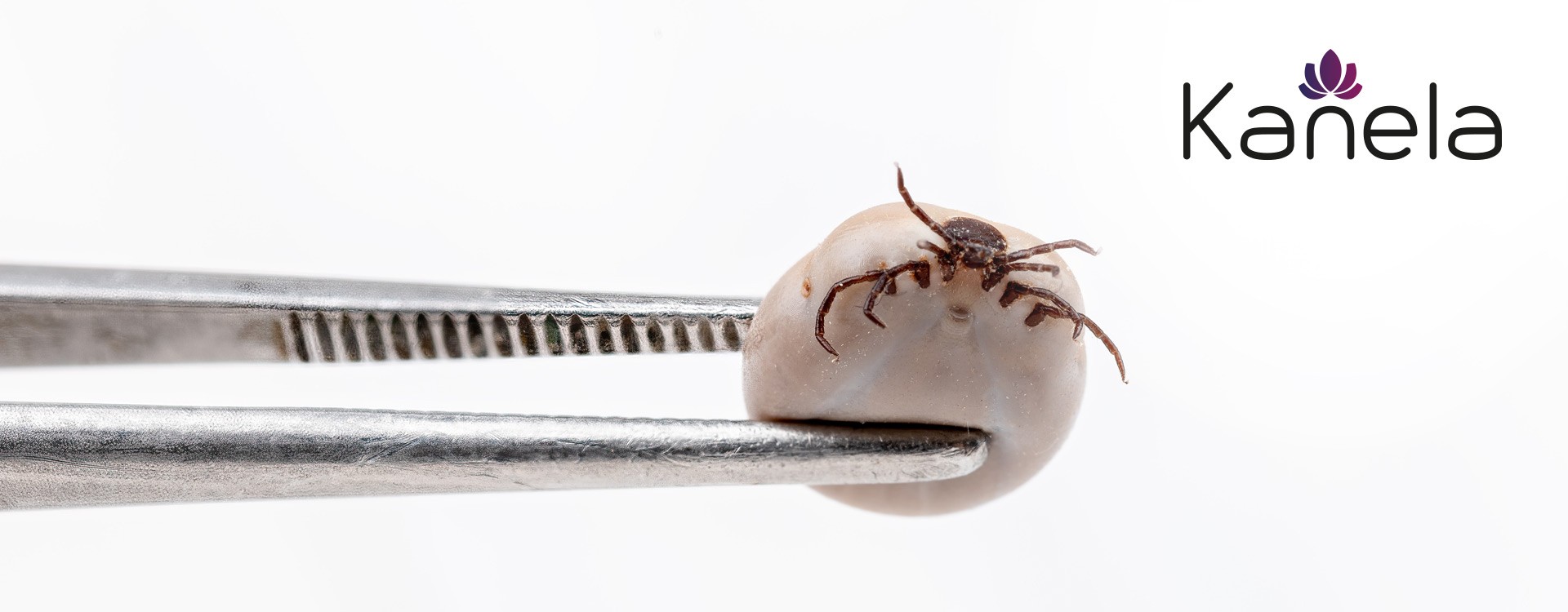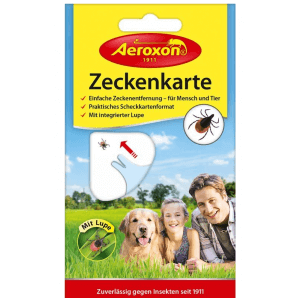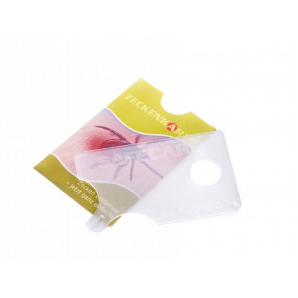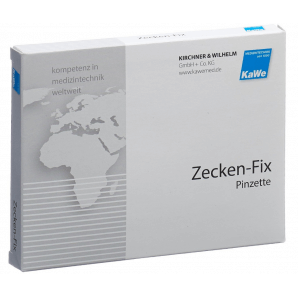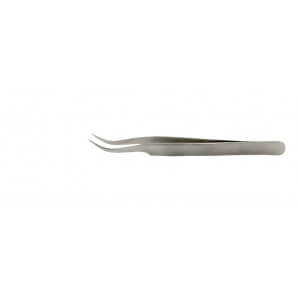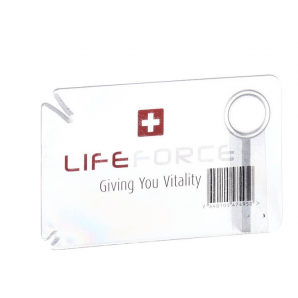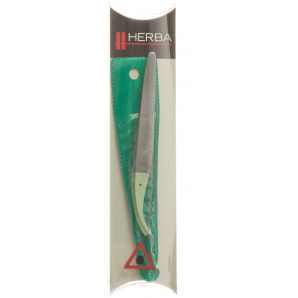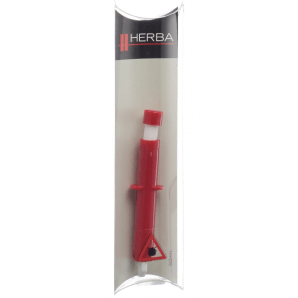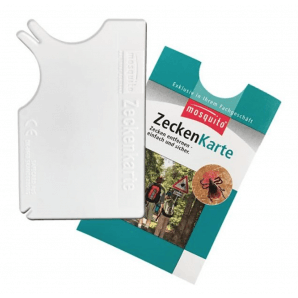-
nutrition
-
Food Supplement
- nutritional supplements by topic
- amino acids
- Minerals
- vitamin preparations
- Fatty acids
-
superfood supplements
- acerola
- aronia
- artichoke preparations
- ashwagandha
- astaxanthin
- brewer's yeast
- bee pollen
- camu camu
- chlorella
- spelled grass
- echinacea
- barley grass
- ginkgo
- grapefruit seed extract
- guarana
- green-lipped mussel
- ginger preparations
- garlic capsules
- turmeric Supplements
- maca
- moringa
- OPC
- roseroot
- saffron preparations
- spirulina
- préparations de la griffe du diable
- medicinal mushrooms
- frankincense preparations
- wheatgrass
-
Food
- healthy snacks
-
beverages
- soft drinks
- Coffee
- milk substitute
- whey drinks
- Juice
- syrup
-
tea
-
various types of tea
- nettle tea
- chai tea
- verbena tea
- fennel tea
- lady's mantle tea
- fruit tea
- green tea
- rosehip tea
- hemp tea
- hibiscus tea
- elderflower tea
- ginger tea
- camomile tea
- herbal tea
- lavender tea
- lime blossom tea
- dandelion tea
- mate tea leaves
- melissa tea
- mint tea
- oolong tea
- orange blossom tea
- marigold tea
- rooibos tea
- rosemary tea
- sage tea
- yarrow tea
- black tea
- licorice tea
- thyme tea
- verbena tea
- alkaline tea
- relaxation tea
- women tea
- love tea
- sleep tea
- pick-me-up tea
- tea selection boxes
- digestive tea
- christmas tea
- winter tea
-
various types of tea
- chewing gums & bonbons
- gluten Free Foods
- cooking & baking
- muesli
- sweets
- diet products
-
Food Supplement
-
sport
- fitness & gymnastics
- muscle / joint pain
- outdoors & camping
- racket sports
- sports nutrition
- Sport drinks
- sports drinking bottles
- water sports & fun
-
personal care
- bath & shower
- fragrances
- facial skincare
- haircare
- hands & feet
- body & skincare
- intimate care
- make-up
- mouth & teeth
-
Health
- allergies & skin diseases
- bladder & prostate
- Diabetes
- blood circulation
- Withdrawal
- Cold & Flu
- Equipment & Fasttests
- hygiene & medical supplies
- Incontinence
- Love Life
- Stomach & Gut
- Restlessness & Sleep Disorders
- Wound care
-
Mother & Kids
- Pregnancy
- Breastfeeding
- baby
- kids
-
home use
- bathroom accessories
- office supplies
- electrical supplies
- garden & pests
- pillows & Blankets
- kitchen utensils
- lamps
- party items
- room fragrances
- cleaning products
- textiles
- pet supplies
How to properly remove a tick
The most important things in brief
- You often only notice a tick bite after a certain time, when the anesthetic released during the bite wears off.
- By then the tick has usually already drunk a lot of blood - and fed pathogens into your organism via its saliva.
- That's why it's incredibly important to check yourself and your children for ticks frequently.
- The shorter the time the tick stays in the skin, the smaller the chance that it has already given you borreliosis and TBE pathogens.
Paralysis, joint pain and inflammation - tick-borne Lyme disease has extremely unpleasant consequences. There is no vaccine and drugs only treat the symptoms. There is a vaccination against TBE, but not everyone has it. Either way, if you discover a tick on yourself or your children, you must remove it. And fast, fast, fast.
Check the body thoroughly
Because you usually do not notice the bite or sting of a tick immediately, but only when the anesthetic injected by the tick is no longer effective, which can take some time, it is advisable to keep yourself and the children during the Thoroughly check for fresh ticks during warm seasons. It is best in the evening, as the bloodsuckers are quickly discovered if they have found a way to settle on the body.
The parasites like to bite hard, especially where the skin is thin. Once they remain in the skin for a few hours or even days, they suck blood and grow. What weighs more heavily, however, is that the arachnids have more time to transfer those pathogens into the human bloodstream that can trigger TBE and Lyme disease.
With a tick card you remove ticks permanently
Removing a tick is one thing, theoretically it can also be done with tweezers. However, there is a risk with this method that only the body of the animal is removed, while the head remains in the skin. Which in turn means that the tick continues to suck blood - and can continue to transmit TBE and Lyme disease pathogens.
A tick card is better. It's no bigger than a bank card, so it fits neatly in your wallet, so you always have it with you. This is useful when you are traveling or on vacation. For example, the tick card prevents the tick from being squeezed when it is pushed out - pulling it out or squeezing it would increase the risk that you only get the parasite's body. This increases the risk of pathogens being transmitted.
Don't delay going to the doctor too much
Sure, not every tick bite is dangerous. But if the skin is red at the bite site, stay alert, especially if the spot is infected or not healing. The so-called migratory blush is also a cause for concern. It develops a few days after the bite and gets bigger and bigger - it could be a burgeoning Lyme disease.
In these cases, you must consult a doctor, possibly even if the head of the tick is torn off when you remove it. If so, watch the puncture site carefully. You should definitely see a doctor if you experience symptoms such as exhaustion, body aches, headaches or fever four to twelve days after the bite. That could indicate both Lyme disease and TBE.
Related products
-
-
Flawa tick card with magnifying glass
Old price: CHF 5.90 Price: CHF 4.43 Discount: 25% Save up: -CHF 1.48 -
-
-
-
-
Herba tick pliers plastic (red)
Old price: CHF 6.80 Price: CHF 3.40 Discount: 50% Save up: -CHF 3.40 -
Related posts
-
 Which vitamins are important in winter?
All vitamins are important - all year round. In winter, however, some of these active ingredients are particularly...Read more
Which vitamins are important in winter?
All vitamins are important - all year round. In winter, however, some of these active ingredients are particularly...Read more -
 What are the symptoms of a vitamin D deficiency?
Are you unmotivated, tired, sleepless and listless in autumn and winter? Vitamin D deficiency could be a reason for...Read more
What are the symptoms of a vitamin D deficiency?
Are you unmotivated, tired, sleepless and listless in autumn and winter? Vitamin D deficiency could be a reason for...Read more -
 Hygiene and face masks - what types are there?
Posted in: Health20.10.2020Hygiene and protective masks have always been useful in hospitals, in medical practices and in care, Corona has made...Read more
Hygiene and face masks - what types are there?
Posted in: Health20.10.2020Hygiene and protective masks have always been useful in hospitals, in medical practices and in care, Corona has made...Read more -
 What are insomnia and what can you do about it?
Posted in: Health23.10.2020Sleeping seems like a simple thing. And yet many people suffer from insomnia, difficulty falling asleep and staying...Read more
What are insomnia and what can you do about it?
Posted in: Health23.10.2020Sleeping seems like a simple thing. And yet many people suffer from insomnia, difficulty falling asleep and staying...Read more -
.jpg) FFP1, FFP2, FFP3 - what are the differences between the masks?
Posted in: Health23.10.2020The FFP mask can now be seen more and more often in public, no longer just in nursing or in the medical field. Not...Read more
FFP1, FFP2, FFP3 - what are the differences between the masks?
Posted in: Health23.10.2020The FFP mask can now be seen more and more often in public, no longer just in nursing or in the medical field. Not...Read more



